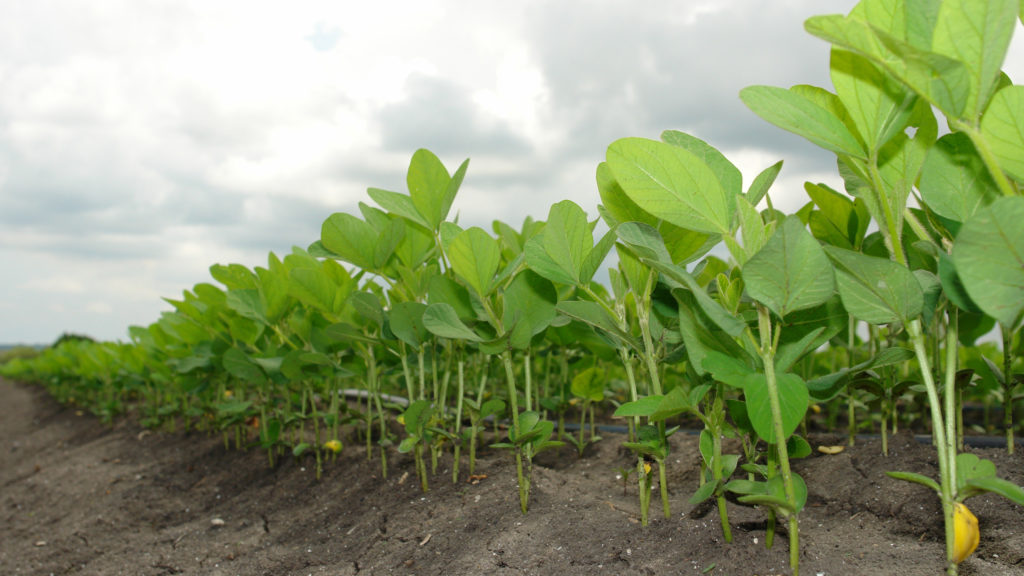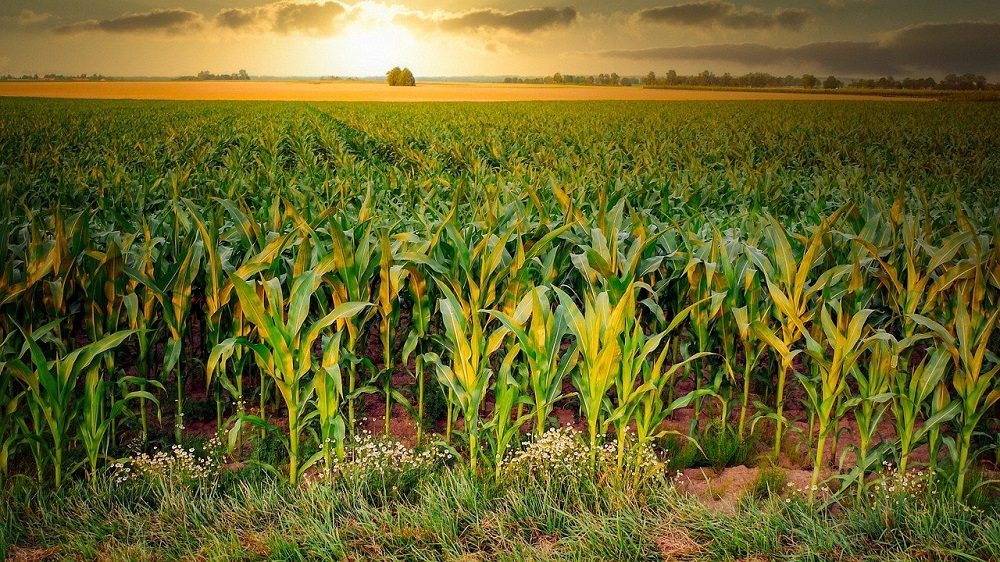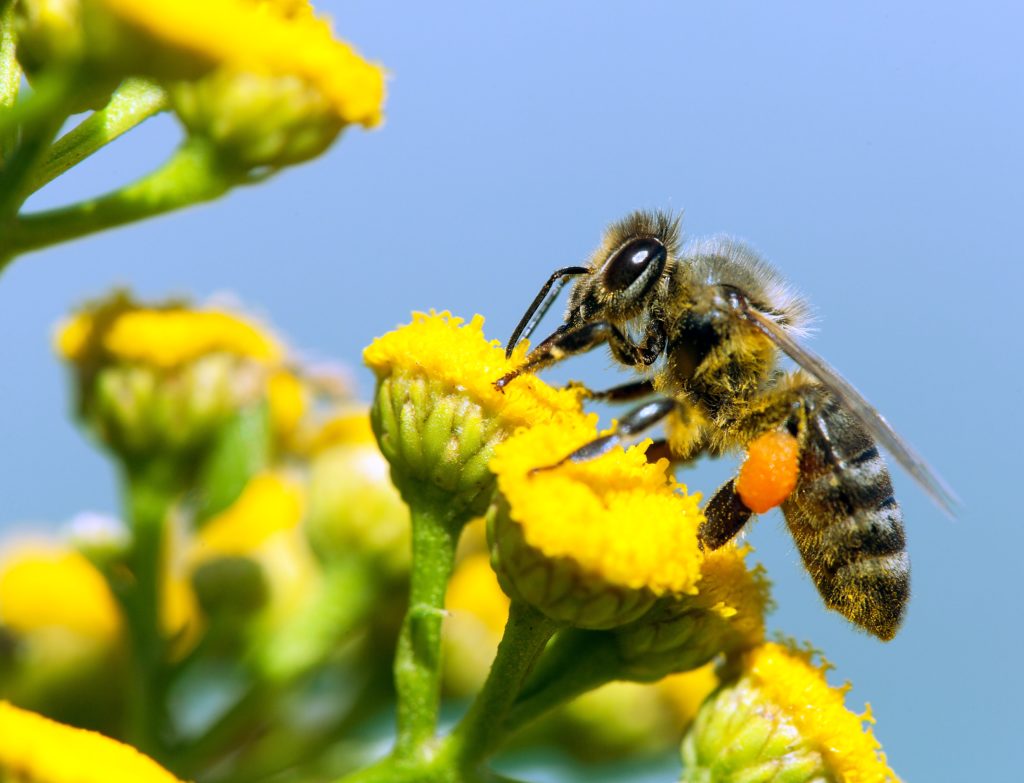Overcoming the challenges and complexities of posting preprints
On 29 April, CABI co-hosted an event about preprints with ASAPbio. This open-access webinar considered trends in agriculture and plant science and reviewed aspects of posting preprints, including their benefits, how they fit more broadly into science communication and how they help us tackle collective challenges around climate change and food security. To learn more…
On Earth Day, how does landscape composition and pesticide use affect pollinators?
On Earth Day, we take a look at landscape composition and pesticide use. Landscape composition is an important area of research in agricultural science. Understanding the relationship between cropland and its surrounding natural habitats, for example, can help to shed light on issues such as fostering natural, non-chemical pest control and reducing the use of…
3 ways that preprints help researchers in agricultural and plant sciences
The use of preprints (pre-peer reviewed versions of scholarly papers) has accelerated in the last few years with many researchers now sharing their latest work with the scientific community before or in parallel to publication with a journal. After a slower start compared to other research fields, adoption of preprints in the plant sciences and…
Top 10 most downloaded CAB eBooks of 2020
For many students, 2020 was their most challenging yet – if not in terms of subject matter, then almost certainly in terms access to study materials. With many students working remotely, away from the convenience of campus and the university library, eBooks became more important than ever before. During the global pandemic, we saw the…
Need help with publishing your paper? CABI Author Services helps you edit, publish and share your research
Getting an academic paper published isn’t always easy and the hurdles that stand in your way aren’t always about the research. Perhaps you’re an early stage researcher preparing your paper for submission, but you’re unfamiliar with the steps that maximize the chances of it being published. Or maybe English isn’t your first language, but you’re…









